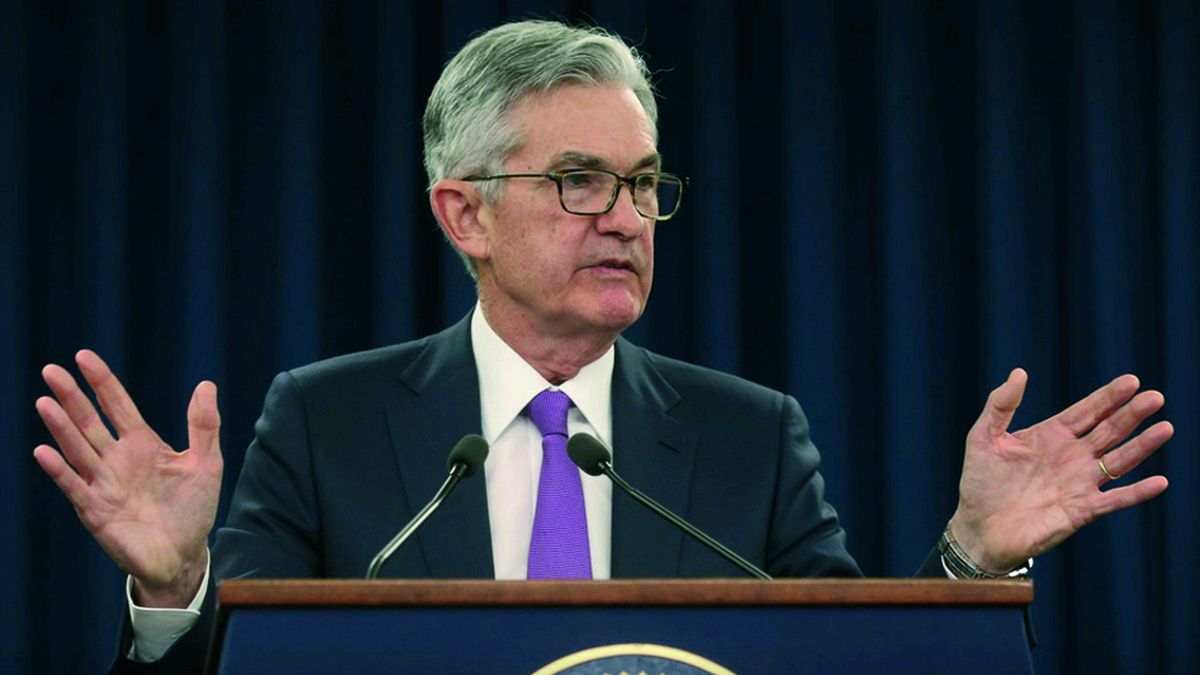On the other hand, the growth in employment shows that the Fed was unable to cool down the economy after raising the interest rate in the year, thus generating fears of a greater acceleration in inflation, and in response to a tightening of monetary policy, of the entity led by Jerome Powell, in the short term.
Julio Roque Calcagnino, market analyst at TSA Bursátil, pointed out that “in general, one would expect practically the entire spectrum of fixed income, not only in emerging papers in hard currency, to take a downward trend in the face of a tightening of the rates of the Fed. In this framework, the solid employment data in the US is associated with inflationary dynamics. However, the key data, above all else, is US inflation itself and a slowdown in this could reinvigorate the flow into risk assets. It would not seem like the time for this yet, given that June Core PCE came in at +4.8% y/y, and the Cleveland Fed nowcasting anticipates +4.86% in July and +4.95% in August. However, that commodities fall almost 14% from the highs of the year seen at the beginning of June generates some illusions”.
On the other hand, Calcagnino qualified the impact on sovereign bonds in dollars, underlining that “the international context component is an explanatory variable of less relevance in its dynamics. I believe that the focus on the dynamics of local government bonds goes more through macroeconomics, internal politics and relations with the IMF”.
However, another of the effects generated by the expectations of a greater tightening of the Fed is a new soba of the dollar at a global level, which, for analysts, has a direct impact on Argentina. The dollar index, which compares it to the North American currency with a basket of currencies, climbed 0.9% on Friday, reaching 106.5 points, and approached its maximum in 2022, after erasing the drops of the previous week. In this framework, most of the currencies of emerging countries closed with losses.
Marcelo Elizondo, director at ICC Argentina, pointed out that “when interest rates rise, the dollar strengthens and emerging currencies weaken, particularly Latin American ones, which contributes to a flight to quality. Likewise, it can generate a modification in the relative competitiveness between them, with price exchange tension. For Argentina, with a fixed exchange rate below the market price, the exchange delay could be even more complicated”.
In this sense, he highlighted “Argentina faces challenges in the face of the Fed rate hike, a strong dollar, weakened commodity prices, what is happening in several of them, and the risk of loss of relative competitiveness among Latin American countries.”
Source: Ambito
David William is a talented author who has made a name for himself in the world of writing. He is a professional author who writes on a wide range of topics, from general interest to opinion news. David is currently working as a writer at 24 hours worlds where he brings his unique perspective and in-depth research to his articles, making them both informative and engaging.




